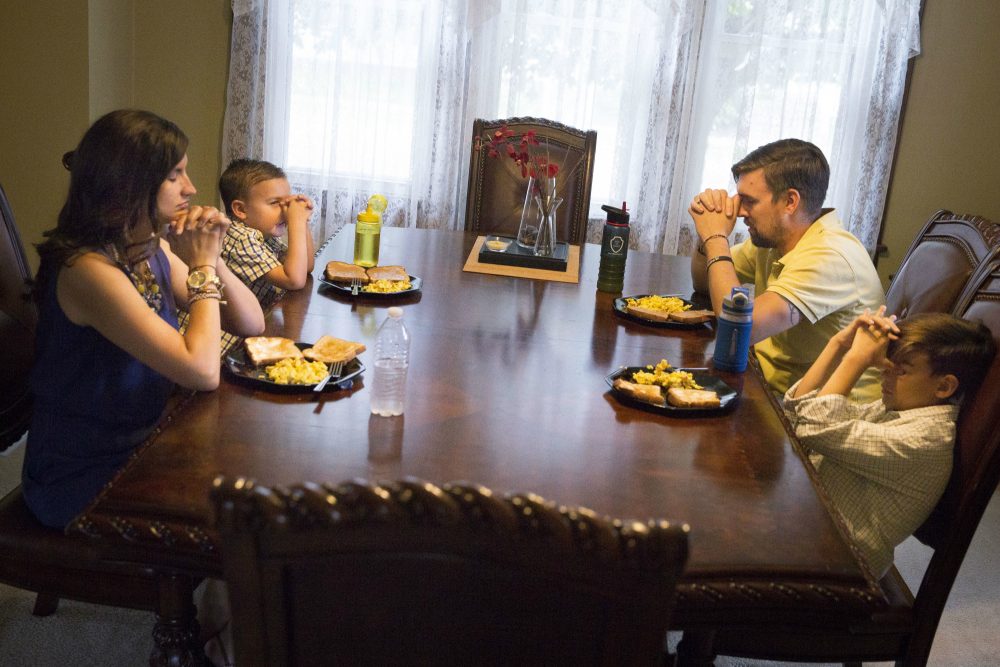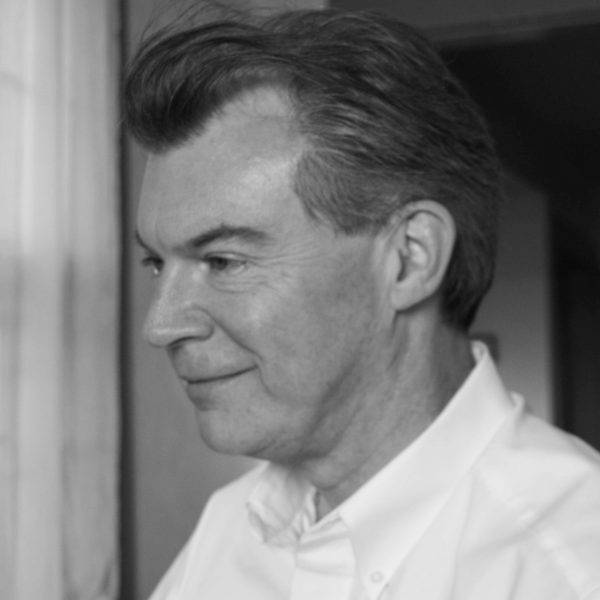Advertisement
Faith In Trumpland: Redefining Belief In Donald Trump's America

COMMENTARY
Seen from the perspective of a pulpit, here’s one thing we learned during this past election: Neither candidate for the presidency really saw much value in reaching out to communities of faith, no matter how you define “faith.”
Donald Trump made a few awkward forays into evangelical churches. Some of them, setting aside the usual scrutiny of their moral scruples, pledged their allegiance out of what seemed a somewhat desperate play for continued relevance. (Meanwhile, other evangelicals came out strongly against him, which didn’t seem to change the fact that 80 percent of evangelical voters gave him their support.)
Here’s one thing we learned during this past election: Neither candidate for the presidency really saw much value in reaching out to communities of faith, no matter how you define 'faith.'
Instead, Trump's way of discussing issues of belief was almost entirely negative and destructive — demonizing a faith community easy for others to vilify, calling first for a ban on the immigration of Muslims — quoting from a “study” by a research organization identified by the Southern Poverty Law Center as a “conspiracy-oriented mouthpiece” — and then, in the face of outrage, doubling down on the Muslim ban in his speech accepting the Republican nomination. Outrage aside, the effect was to galvanize his base.
Hillary Clinton, for her part, seemed no less susceptible to the long standing allergy afflicting the Democratic Party when it comes to approaching or engaging with faith communities of any kind.
The late sociologist Robert Bellah wrote 50 years ago about the notion of “civil religion” in America — a broadly understood, unnecessary to define but always present understanding of a vaguely religious undergirding of shared values in the public sphere. “[T]he separation of church and state has not denied the political realm a religious dimension,” Bellah wrote. Major occasions of state, he added, contained “certain common elements of religious orientation that the great majority of Americans share." This extends to, in Bellah's estimation, the political sphere. His case in point: the inauguration of John F. Kennedy.
So long as that was the case, it was not only possible but necessary for presidential candidates — and political figures of national significance, perhaps most notably Dr. King — to ground political aspirations on broadly held values articulated through a shared religious language.
Advertisement
Fifty years later, a brutal presidential election has shown how peripheral Bellah’s civil religion has become.
In some ways this was necessary, and even desirable. The civil religion of the 1960s was spoken largely in terms of Christianity, and more specifically Protestantism; it exercised “inclusiveness” by means of occasional hat-tips to the prayers of other faiths and traditions. That is no longer a workable solution for a pluralistic society.
But instead of coming up with a suitable replacement, the language of belief — of the spiritual dimension of human existence, and the idea of a sacred underpinning to our claim for equality and human dignity — has been banished to the sidelines.
The reasons for this are easy to spot, if awkward to talk about. We live in a moment in which our sense of self-realization is seen as threatened, not completed, by religious belief and participation in the commitments of faith communities. A recent Boston Globe article about the search for times of quiet and mediation notes the peculiar tension between the longing for prayerful space and the resistance to religious participation, at least in the forms offered to us by generations past.
Those of us in the church have a pretty simple, not necessarily popular, take on this. We look out at a cultural moment in which people refuse religious engagement on the ground of injured autonomy, and we see people unable to accept a sovereignty other than their own.
And not surprisingly, whatever our political views might be, we see the reductio ad absurdum of that in the person we’ve just elected as our next president; a man my first boss in ministry, the late Reverend Peter Gomes, might have used an old saying to describe: “A guy who supposes himself a self-made man — and who worships his creator.”
I know that my friends who sense a kind of unacceptable compromise of dignity involved in taking on a religious commitment often believe with great seriousness that theirs is a more honorable path to self-realization. But the more I see the results of that path, the more I find wisdom in the teaching of my Orthodox friends: There are, in the end, no atheists; everyone has their god. It is necessary only to observe what it is one worships. And all of us, it turns out, worship something — even if that something is (mere) self-realization.
The thing about being a church on a streetcorner is that you get used to the world passing by without taking much notice of you.
Our little church stands on a streetcorner in a Boston suburb. The thing about being a church on a streetcorner is that you get used to the world passing by without taking much notice of you.
So when we open the doors on Sunday, we don’t expect the world to take much notice of us anymore. But what we’re talking about now, with the sense that just maybe the foundations of our nation are shaking beneath us, is the teaching Jesus offers about the regimes of this world. They rise, and they fall — but they are not our only place.
They are but shadows of another country, the place where our true citizenship lies. It is from that other country that our dignity, and the dignity of all people, takes its source. And so our task, more urgent now, is to make the communities in which we live this life more nearly approach the promise of that one.
